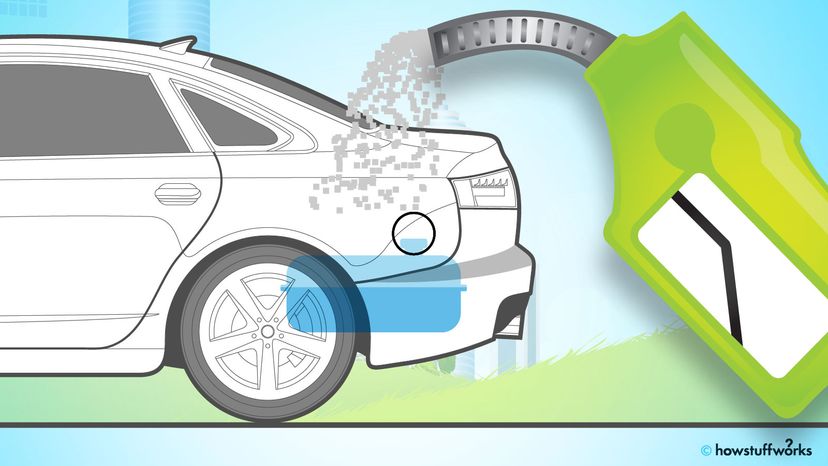
Can Sugar Really Destroy Your Car's Gas Tank? The Truth Behind This Common Myth
Sugar in a gas tank is a longstanding myth that claims adding sugar will disable a car by creating a gooey substance that clogs the fuel system. However, this is false for several key reasons:
Fuel Filter Protection
- Modern cars have fuel filters that block debris and impurities
- Sugar crystals would be caught by the filter before reaching the engine
- The filter prevents potential engine damage from contaminants
Sugar and Gasoline Don't Mix
- Sugar does not dissolve in gasoline
- It simply sinks to the bottom of the gas tank
- Berkeley research (1994) showed less than a teaspoon of sugar dissolves in 15 gallons of gas

Fuel nozzle entering car gas tank
Modern Fuel System Benefits
- Electronic fuel pumps are more resilient than older mechanical versions
- Even if sugar reaches the fuel lines, it only requires cleaning
- No permanent damage occurs to the engine
Real Fuel System Threats
- Water is more dangerous than sugar for engines
- Large amounts of water prevent proper fuel combustion
- However, fuel treatments can remedy water contamination
- Engine damage from water is typically not permanent
While sugar in a gas tank requires cleanup, it won't destroy an engine as the myth suggests. Modern fuel systems have multiple safeguards against such contamination, making this revenge tactic largely ineffective.
